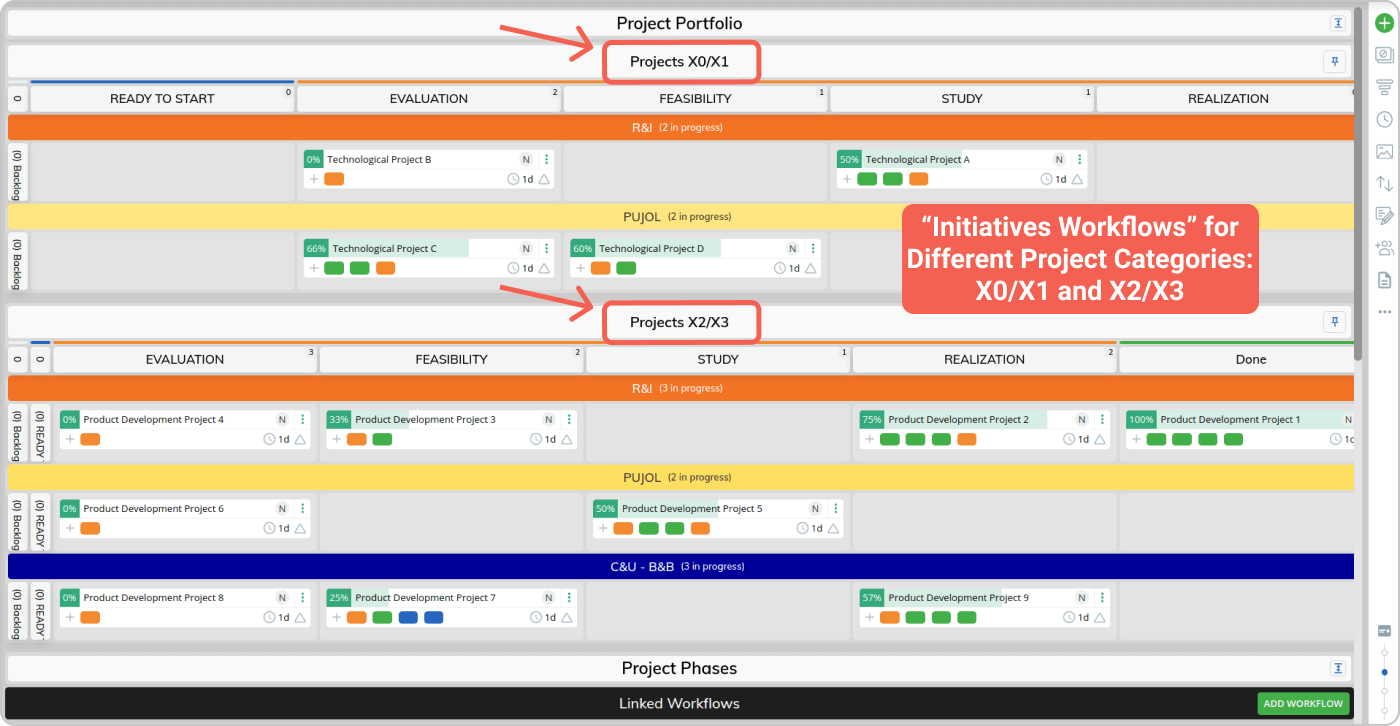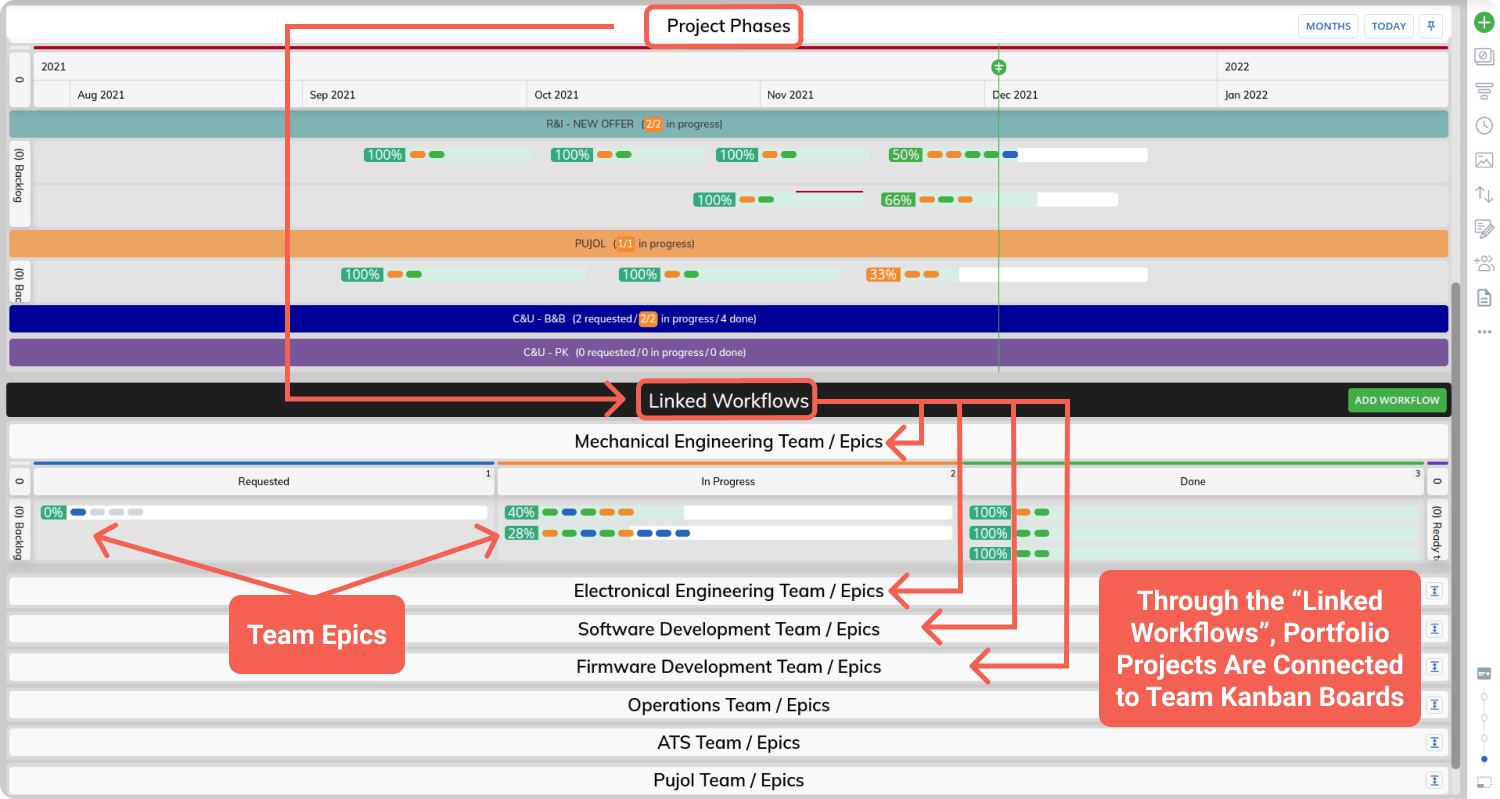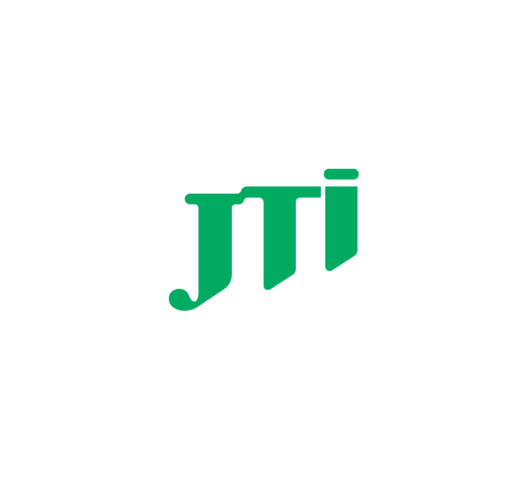
Introduction
Bft S.p.A is an Italian company specializing in producing gate automation systems, automatic doors, and barriers including other hardware devices for access security. Its business spreads across two main units focusing on access automation for both Residential & Industrial and Commercial & Urban solutions.
Initial Challenges
Back in 2015, the company started experiencing the limitations of using Gantt charts and Excel sheets for project management purposes. While their existing tools allowed them to plan a roadmap of projects, the connection to those projects’ execution across the teams was missing.
As the project portfolio of Bft S.p.A kept growing, another challenge that they faced was the complexity to manage dependencies. The lack of transparency and connection between the portfolio and the task level created little to no understanding of the numerous project relationships between the teams.
First Steps on the Lean/Agile and Kanban Journey
Bft’s main objective was to empower teams and let them work in an effective and efficient way. That’s why they started introducing some Lean practices such as visual management, multi-functional teams, decentralized planning, continuous improvement, etc.
Introduction of Physical Boards & Lean/Agile practices
To make this possible, Bft started implementing physical whiteboards with “post-it tasks” for product development. After undertaking Lean/Agile training, they created a Project room covered with Project Boards, visualizing activities on sticky notes for every project’s cross-functional teams. A Project Portfolio Board showing the specific workflow was also created.
Limitations of Physical Boards & The Need to Scale Lean/Agile
After the implementation of the physical boards, engineers “unlocked” the visibility of their work assignments. However, that was far from enough, and Bft soon realized their limitations.
First of all, the connection between everyday operations, middle management level, and project portfolio was still missing. The physical Project Portfolio board was missing many essential details, such as a clear hierarchy of work.
Soon enough, the management realized the need for a digital work management solution, and that's how they turned to Businessmap (formerly Kanbanize).
Accelerating the Adoption of Kanban
Visualizing Project Portfolio on Management Boards
Starting from the R&D portfolio level, Bft applied Management boards to visualize their network of product development projects.
 Click on the image to enlarge
Click on the image to enlarge
The main idea here is that every project from the portfolio is broken down into deliverables for the different “states/phases” (Evaluation, Feasibility, Study, and Realization) in the process. This happens through the parent-child links capability in the Businessmap Software Platform, which forms a connection between all project-related workflows.
Want to achieve the same results?
Book a Product Demo
Connecting Projects to Engineering Operations
The true power of the Management boards in the software lies within the connection of a project (or project portfolio) with its actual execution across teams. Using the “Linked workflows” feature, the company’s R&D group connected their engineering teams to the central Management board.
 Click on the image to enlarge
Click on the image to enlarge
Key Takeaways
- Achieved full project & portfolio transparency
- Uncovered complex dependencies between projects, teams, and external partners or vendors
- Standardized engineering processes and built an end-to-end project flow
- Improved team morale and reduced organizational stress
- and more...
Download Case Study



 Click on the image to enlarge
Click on the image to enlarge Click on the image to enlarge
Click on the image to enlarge






